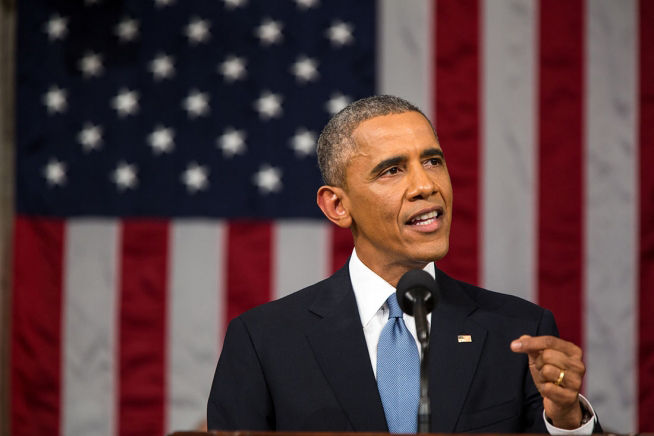Presidents’ Day causes confusion
February 19, 2017
Former presidents George Washington and Abraham Lincoln may not have celebrated their birthdays on this day, but now Americans do.
Presidents’ Day was established in the 1970s as part of the Uniform Monday Holiday Act after originally being observed as Washington Day on the date of his actual birthday, Feb. 22.
Some states, such as Texas, still only honor Washington on Presidents’ Day, while others offer their own variations leading to confusion over what the purpose of Presidents’ Day actually is.
This confusion over when and what is being celebrated is something that has led Stacy Cordery, professor of history, to think that this holiday may not even be worth celebrating.
New York, Connecticut and Mississippi are all states that honor the same day as “Washington’s Day” rather than “Presidents’ Day,” and California alternates between Presidents’ Day and celebrating Abraham Lincoln’s birthday every other year.
Presidents’ Day is recognized nationwide on the third Monday of February, except in Georgia, where the same holiday will not be celebrated until Dec. 24.
Iowa is among states that do not recognize Presidents’ Day or Washington’s Day as a state holiday, but some banks will be closed today nonetheless.
Cordery said Washington’s Day was an appreciated and understood holiday during the Great Depression and World War II, a time when people “revered Washington” exponentially more than we do today.
Washington’s Day was established in 1879 and was recognized emphatically up to the mid-20th century for his war accolades and the precedents he set as America’s first president.
The holiday’s relevance declined since, as did Washington’s popularity.
Washington’s Day was later conflated with other iconic birthdays, such as those of Abraham Lincoln and Thomas Jefferson, into Presidents’ Day and assigned to the third Monday in February with the 1968 Uniform Holiday Bill.
Presidents’ Day joins Memorial Day, Veterans Day and Thanksgiving on the list of holidays that boast no relationship to the date they are recognized.
Cordery said people began criticizing the flaws of Washington and other founding fathers in the 1960s and ‘70s in what she described as a “new field” of history.
The signers of the Declaration of Independence preserved democracy to a certain extent, but they were also slave owners who engineered a socio-political environment where power resided solely among land-owning white men.
This kind of critique encouraged the Uniform Holiday Bill, which also saw Monday holidays as inherently more efficient than mid-week celebrations.
“Presidents’ Day was never meant to celebrate the office of the presidency,” Cordery pointed out, adding that the U.S. government is a three-part system, where no branch ought to be formally celebrated above the others.
“In that sense, it’s un-American,” she said. “Why not have a ‘Congress Day,’ or a day to celebrate the Senate? There should be no special treatment for the president.”
Generations of changing values turned Presidents’ Day into an imprecise celebration.
















